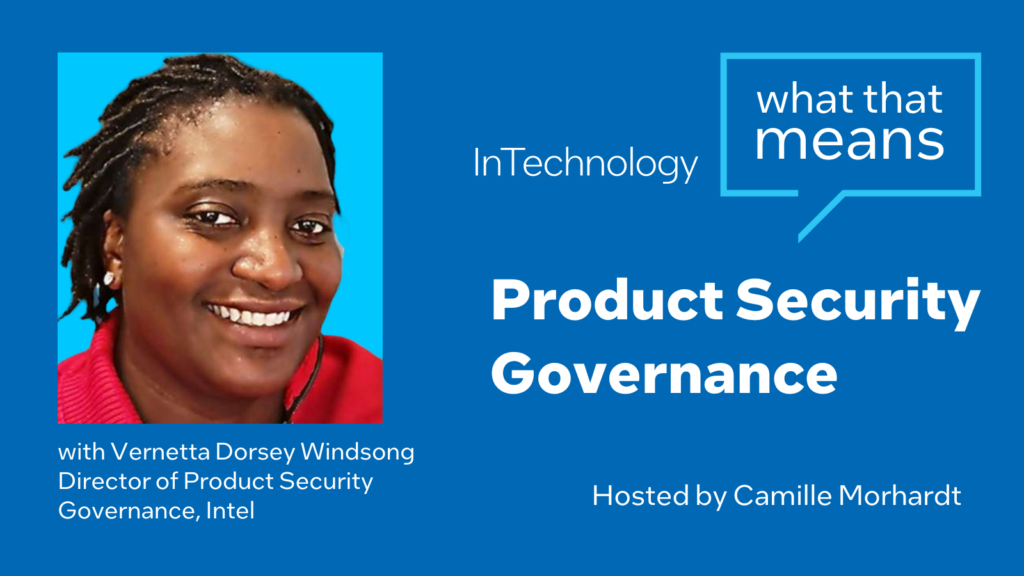In this episode of InTechnology, Camille gets into data security and digital identity with Ashvin Kamaraju, Global Vice President of Engineering and Cloud Operations at Thales Cloud Protection & Licensing. The conversation covers key management as a vital part of data security, as well as the relationship between encryption and digital identities.
To find the transcription of this podcast, scroll to the bottom of the page.
To find more episodes of InTechnology, visit our homepage. To read more about cybersecurity, sustainability, and technology topics, visit our blog.
The views and opinions expressed are those of the guests and author and do not necessarily reflect the official policy or position of Intel Corporation.
Follow our hosts Tom Garrison @tommgarrison and Camille @morhardt.
Learn more about Intel Cybersecurity and the Intel Compute Life Cycle (CLA).
Data Security with Key Management
Ashvin explains how there are several ways to secure data, including confidentiality of the data itself, controlling access, operating on zero trust principles, and encryption. He emphasizes that centralized key management is extremely important in any encrypted ecosystem. This key management includes the fidelity of the keys themselves. While keys can be provided by operating systems, open source libraries, or crypto libraries, they have a weak fidelity and can easily be hacked. Hardware security models, or HSMs, on the other hand, provide stronger computing environments and stronger keys for applications in those environments by having a good source of entropy and establishing root of trust. This applies to both public key cryptography (PKI) and private key cryptography.
Encryption and Digital Identities
When it comes to cyber threats, Ashvin says the threats themselves haven’t changed much, only their sophistication. This includes the looming breakthrough of quantum computing and quantum cryptography in order to protect data in a quantum compute world. For more present matters, Ashvin explains some of the recent developments in data sovereignty and confidential computing to improve data security and keep it encrypted from end to end. He adds that while the fundamental tenets of securing data won’t change, there does need to be a shift in how data is secured with the move to edge computing. As for end users, end-to-end attestation is also necessary to ensure data privacy, particularly as the world slowly transitions to digital identities. While there are risks to digital identities, Ashvin remains confident that cryptography-based approaches to digital sovereign identities will perform well to keep personal data secure.
Ashvin Kamaraju, Global Vice President of Engineering and Cloud Operations at Thales Cloud Protection & Licensing

Ashvin Kamaraju is Global Vice President of Engineering and Cloud Operations for Thales Cloud Protection & Licensing, where he is responsible for product development, product security, cloud services and operations, and program management in data security, encryption and key management, hardware security modules, and identity and access management products and services. Previously, he served as CTO and Vice President of Technology and Strategy for Thales Cloud Protection & Licensing and as Global Vice President of Engineering for Thales e-Security. In total, Ashvin’s career in tech spans more than 30 years. He has both an M.S. in Mathematics and Computer Science as well as an M.S. in Chemical Engineering from the University of Cincinnati.



